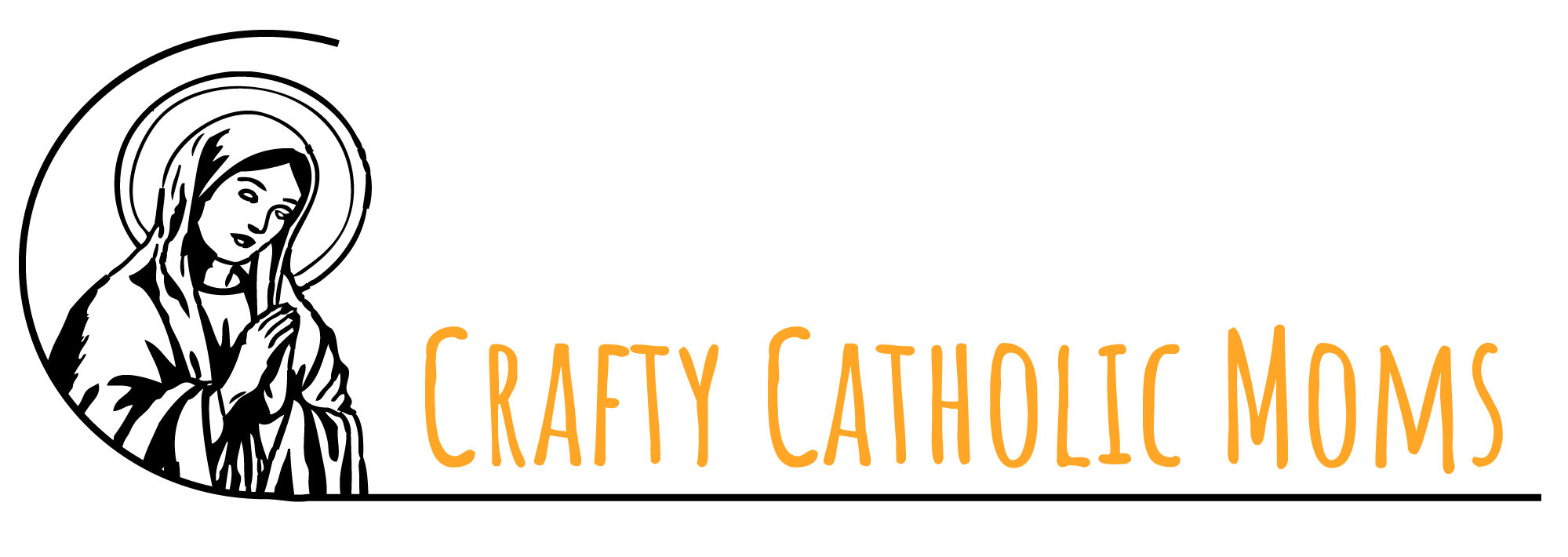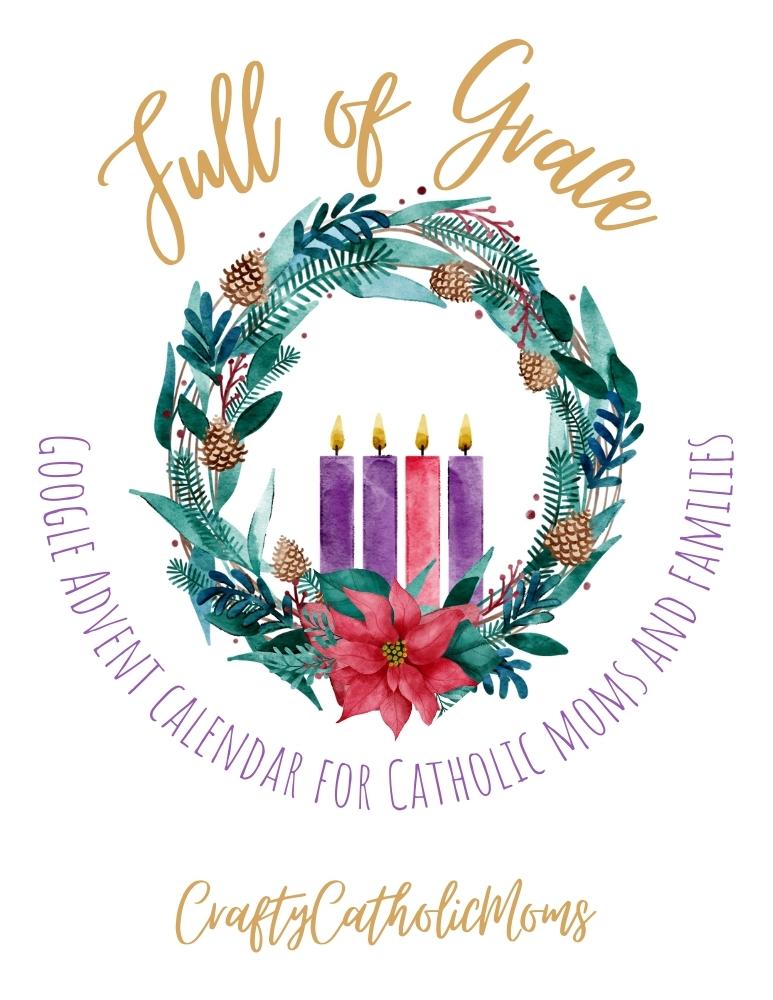This Lent, use the parable of the True Vine to remain in Christ through prayer and fasting, and watch as the Holy Spirit bears fruit in you in the form of giving alms.
Lent is a time of preparation. We are getting ready for the annual celebration of the most important event in all of human history – Christ’s death and resurrection. Without those two things, His death and His resurrection, our faith has no meaning, and our souls have no chance at salvation. We call that day of celebration Easter. We call the days leading up to Easter Lent. Lent begins on Ash Wednesday and ends on Holy Saturday, encompassing 40 days.
While we use it literally during Lent, in the Bible, 40 simply signifies an amount of time leading up to something big. In this case, the Resurrection.
When Christ rose from the dead, he opened the gates of heaven for us. He gave us the chance to have a perfect relationship with Him for eternity. But, it’s an invitation. We still have to say yes and follow him, just as the sheep follow the Good Shepherd when they hear their name. So really, Lent is a call to work up to a big change in our relationship with Christ. This is especially important for those in RCIA. And this time of preparation has, from its earliest beginnings, been centered on the specific preparation for new Catholics entering the Church through Baptism, First Communion, and Confirmation. This Lenten season is most especially about their relationship with Christ and the process of change occurring as they make their way toward full communion with the Church.
In describing our relationship, Christ tells us He is the Good Shepherd and we are the sheep. In a different chapter, He describes our relationship in terms of a plant. Read His words in John:15. Think about the True Vine. Explore each line with your kids. Notice the repetition of the words “remain” and “bear fruit.” By simply counting their repetitions, can you tell which one is more important?
How does this message of the True Vine draw us into Lent? Lent is a time that we’re very specifically called into a deeper relationship with Christ. When Christ was preparing for His Death and Resurrection, he went out into the desert for 40 days. There, he remained, tempted by Satan, and strengthened by the Spirit. With Christ as our guide, the church gives us guidelines for how to foster our relationship with God by remaining in the desert with Christ for 40 days, facing and naming our temptations, and allowing the Holy Spirit to strengthen us to die to ourselves and rise to new life in Christ. We are asked to pray, fast, and give alms.
What was the first way Christ told us we can remain in Him in the parable? By listening. We do that in prayer. It’s our first call during Lent. Prayer is a conversation with God. We are invited to speak and to listen. We do this most profoundly at Mass. We can do this also by reading His Word in the gift of the Bible. We can pray by ourselves, with our spouse, with our families.
Fasting is the second way that the church suggests for remaining in Christ to prepare for Easter. This is where we face and name the temptations that keep us from remaining in Christ. They’re the things that might not be so bad in and of themselves, but they pull us away. They are distractions that make it harder to listen to God and understand His will for us. They entice us to focus on our own comfort and our egos. Fasting asks us to practice self control so that we can use God’s grace to temper the distractions and hear Him clearer again. For a look at the ways the Church asks us to fast and pray, you can print this cheat sheet.
The call to give alms is one that helps us to look outward. Prayer and fasting help to strengthen our interior faith lives. They help us remain. Giving alms is the fruit of those devotions. Because we give up Starbucks for six weeks, we can offer money to the Food Bank. If you’re not sitting on social media all day, you can offer your extra time to babysit a friends’ kids or mow the neighbors’ lawn. Because you fast from shopping, you’ve got spare time and energy to deliver meals and talk with housebound seniors.
All of this brings us to Easter. If we’ve fasted faithfully, prayed intentionally, and offered the fruits of those devotions to others, then we’ve bravely faced carrying our crosses and burying our own desires in the tomb in the hope of Resurrection. On Easter Sunday, we get to rise with Christ, our spirits full of the Holy Spirit, our lives glorifying God the Father.








